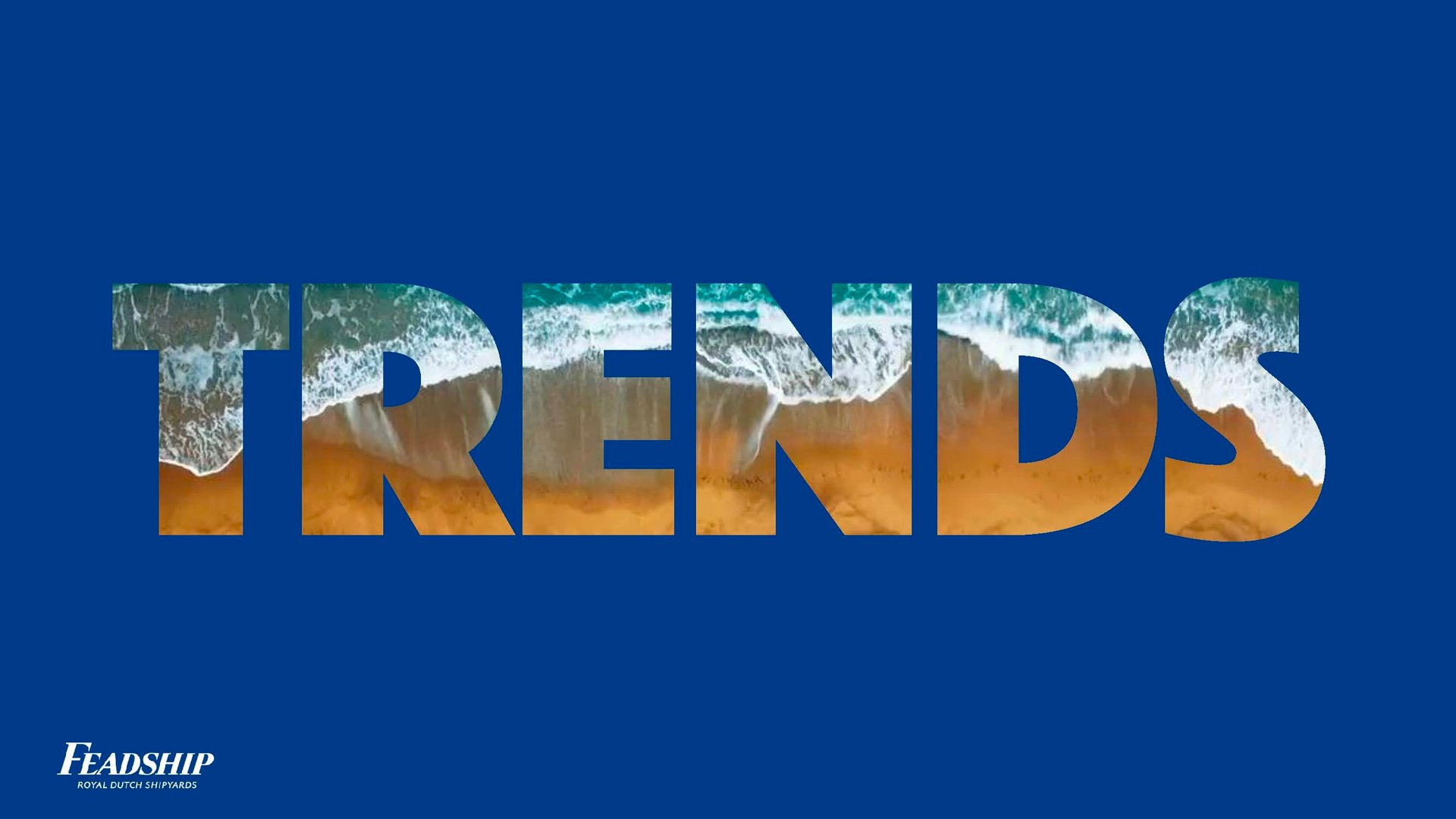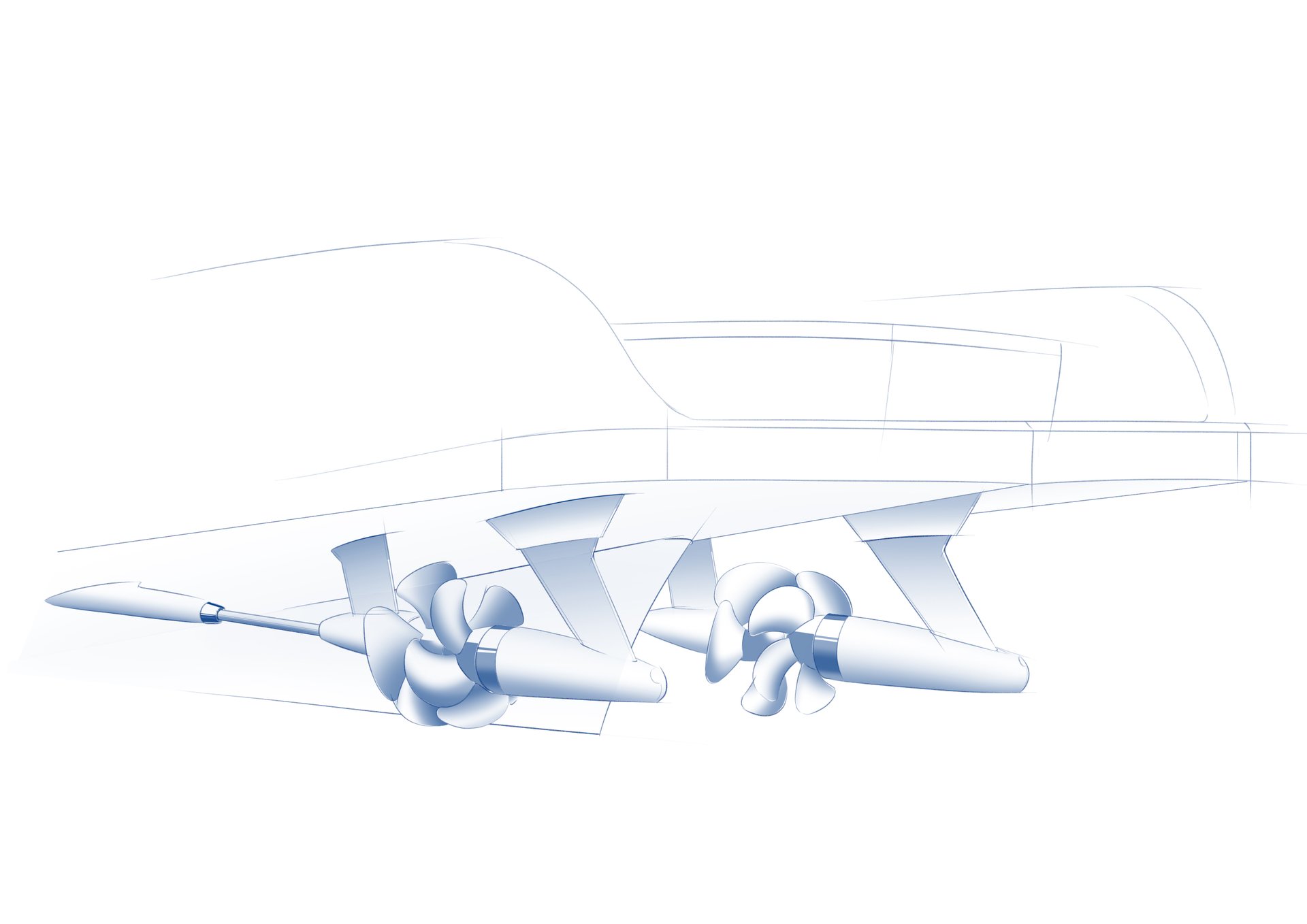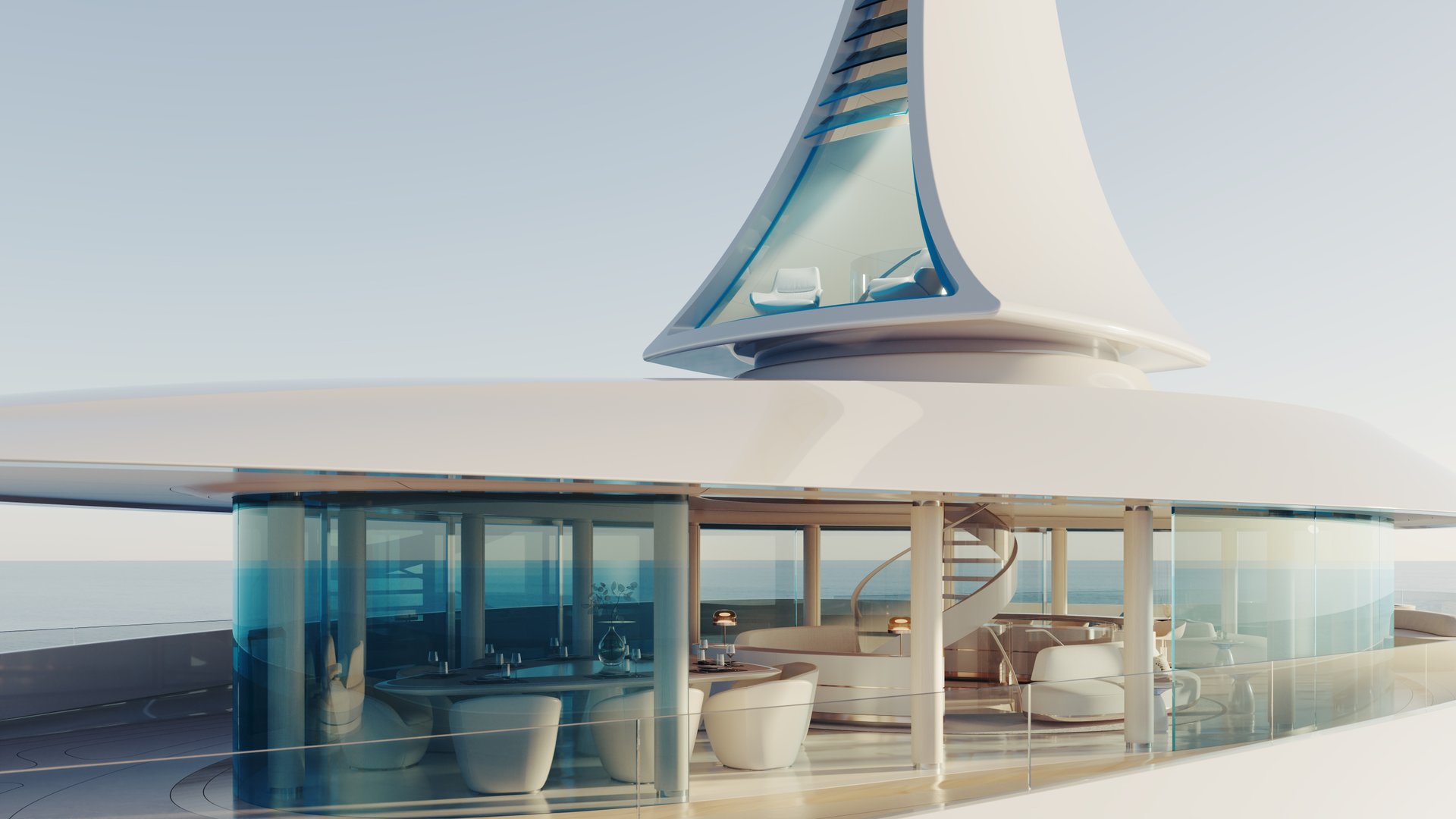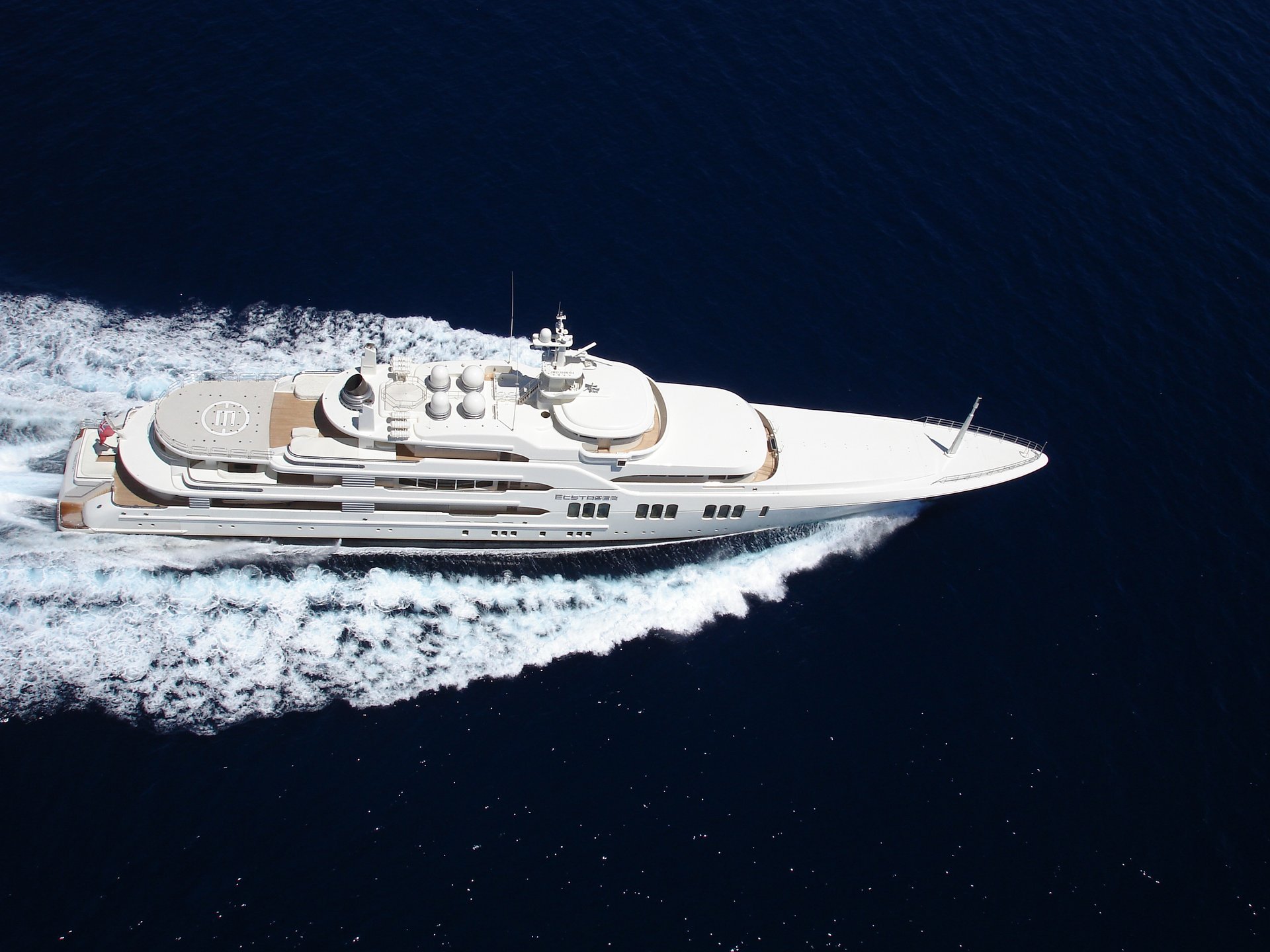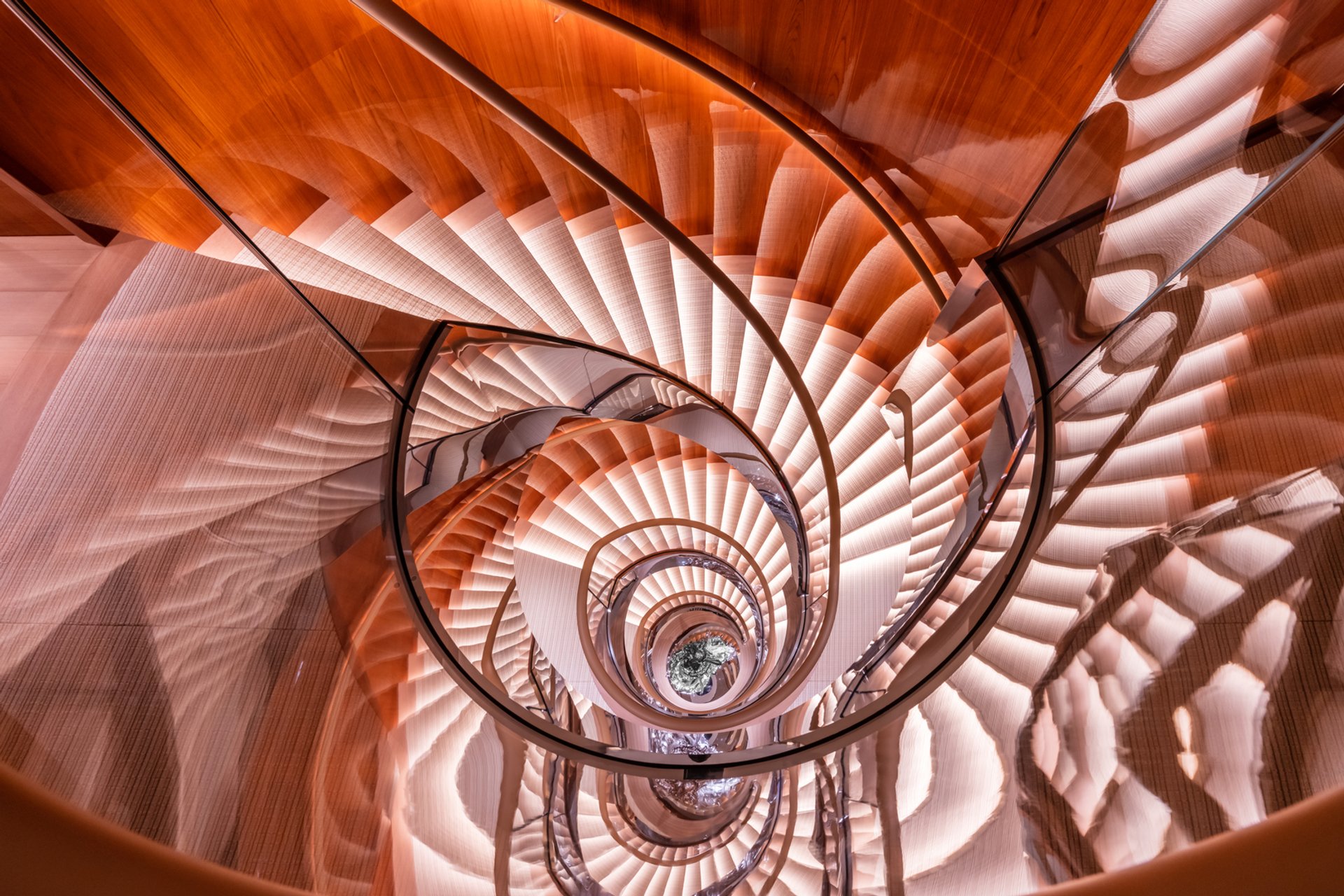The luxury industry is in a state of flux, with many focusing on controversial emerging trends such as gender fluidity, inclusivity, and escapism. While these are undoubtedly important cultural shifts, they often overshadow the real forces that are fundamentally reshaping the industry. The true game changers—geopolitical developments, trade agreements, technological advancements, and economic shifts—are having a far greater impact on the business of luxury than many are willing to acknowledge.
Shifting the Narrative: The Forces That Truly Matter
Luxury brands are at a crossroads. While some continue to cater to fleeting social trends, the most strategic players are preparing for the seismic changes that will define the next decade. Beyond the buzzwords, a more complex reality is unfolding.
Beyond China: A New Luxury Landscape
For years, China has dominated luxury spending, but the tides are shifting. Emerging markets such as the Middle East, India, and Southeast Asia are proving to be the next frontiers of growth. With the Middle East luxury market expanding at an annual rate of 11%, and India seeing unprecedented demand fuelled by rising affluence and simplified trade regulations, luxury brands must diversify their strategies or risk stagnation.
The Rise of the New Wealth Class
Millennials and Gen Z are no longer the future—they are the present. These generations have increased their luxury spending from 35% to 55% in a matter of years. But they don’t just buy products; they buy experiences, knowledge, and access. They demand immersive brand universes that go beyond traditional retail. The question is: are luxury brands truly ready to engage them in a meaningful way?


Generative AI & Web3: A Paradigm Shift in Luxury
While some still dismiss AI as a gimmick, those who understand its transformative potential are already reshaping the luxury industry. Generative AI is creating hyper-personalised marketing, AI-powered conversational shopping, and revolutionary digital craftsmanship. Web3 is redefining customer loyalty, securing authenticity in resale markets, and establishing new digital revenue streams. The brands that fail to embrace these tools now may find themselves obsolete in the near future.
Geopolitical Shifts: The Silent Disruptors
Luxury is not immune to politics. Trade agreements between Saudi Arabia and China are rewriting the rules of international commerce. Sanctions and diplomatic instability continue to disrupt supply chains and limit market access. While many focus on the glamour of the industry, those behind the scenes know that political manoeuvring is determining where and how luxury brands can operate.
The Future of Craftsmanship: A New Era of Authenticity
As digital transformation accelerates, there is a growing appreciation for the irreplaceable value of human craftsmanship. Countries like Turkey are emerging as key players in superyacht construction, blending traditional techniques with modern innovation. Meanwhile, dedicated schools for artisans are gaining recognition, ensuring that heritage skills are preserved for the future.
Looking Ahead: The New Definition of Luxury
The industry is at a turning point. The most successful brands will not be those that merely follow trends but those that recognise and adapt to the deeper forces shaping our world. From geopolitical upheavals to technological revolutions, from shifting wealth dynamics to the reinvention of craftsmanship—this is where the future of luxury is truly being written. The question is: who will rise to the challenge, and who will be left behind?
